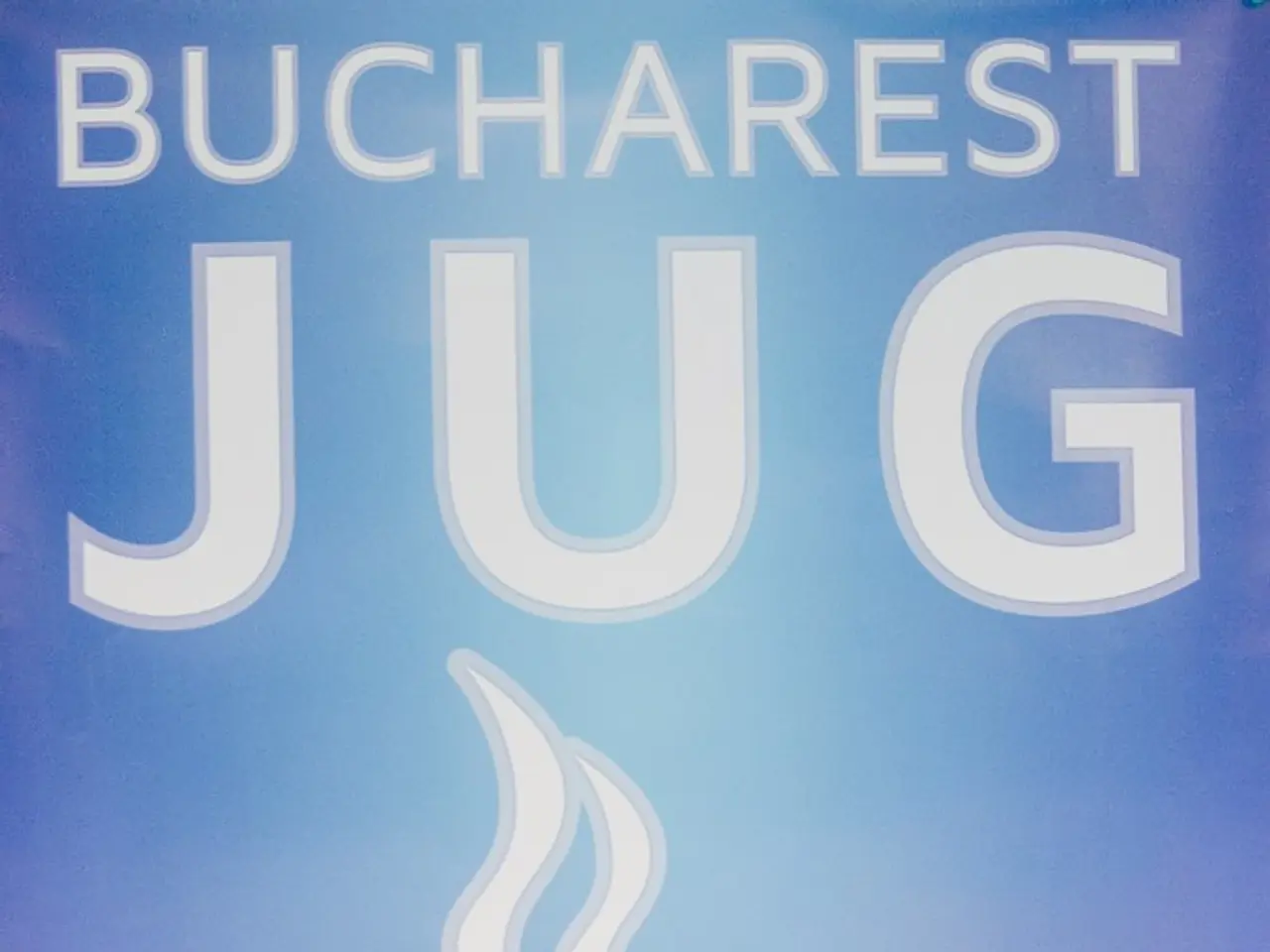Strategies for capitalizing on the recovery of low-cost investment trusts
In the dynamic world of investments, UK investment trusts continue to hold a significant appeal for private investors, as demonstrated by their growing popularity. Retail investor ownership of UK investment trusts has witnessed a substantial increase of 42% since 2019, now accounting for 36% (£46.9bn) of the total market by value [5].
These investment vehicles are valued for several reasons. Firstly, many investment trusts boast strong long-term track records of delivering capital growth, coupled with regular income through dividends. For instance, the Bankers Investment Trust has delivered an average annual return of 11% over the last 10 years, outperforming the FTSE 100 and FTSE 250 indices [3]. The City of London trust also offers above-average dividend yields with a solid history of increasing dividends for over 50 years [1].
Secondly, investment trusts offer access to diverse sectors and geographies. While some focus on UK equities, others like Henderson Far East Income target Asian equities with attractive yields and exposure to sectors like financials and technology [1]. Temple Bar, for example, adopts a value-oriented approach, investing mainly in UK equities and selectively overseas, emphasizing undervalued stocks with recovery potential [1][2].
Thirdly, some trusts offer attractive dividend yields coupled with the possibility of capital appreciation, making them suitable for investors seeking both income and growth. Temple Bar, for instance, has a yield around 3.2% and targets companies with strong cash generation and dividend growth [2].
Fourthly, many investment trusts use modest gearing (borrowed funds) to potentially boost returns, although this adds risk and volatility [2].
Fifthly, investment trusts' closed-end structure allows managers to invest without the pressure of daily redemptions and to hold less liquid investments like private equity, enhancing potential returns over the long term [4].
Sixthly, the UK market offers a wide range of trusts, enabling investors to tailor their portfolios according to their growth or income focus [3].
However, recent developments in the sector have seen boards taking tough decisions to shrink discounts, exploring mergers, or ordering reviews of their trusts' futures. This is in response to a challenging period for the sector, where the sector was on its knees, with no buyers, only sellers, and discounts and yields at record highs [4]. Despite this, trusts that back renewable energy projects still maintain a typical discount of about 25 percent [4].
One example of this is the Downing Renewables & Infrastructure trust, which was bought at a 24 percent premium, albeit still below its Net Asset Value [4]. In the Reits sector, activists are hoping to exploit falling borrowing costs and rising rents. TR Property, for instance, is at a 7 percent discount, while Aberdeen European Logistics Income is selling chunks of its portfolio to address its 18 percent discount [4].
The continued existence of more trusts is in question, with the SDCL Energy Efficiency trust offering an attractive 11 percent yield but currently at a 38 percent discount [4]. Mergers will produce larger and more liquid trusts, presenting a more compelling long-term proposition [4].
New activist investors are emerging, pressing for change. Ben Yearsley of Fairview Investing, for example, is a fan of Foresight Solar and Greencoat Renewables, both with discounts of 18 percent and 24 percent respectively [4]. Darius McDermott, boss at funds ratings agency Fundcalibre, says sentiment has started to recover, and the best opportunities lie ahead [4].
In conclusion, UK investment trusts continue to be an attractive investment channel due to their strong historical performance, income generation, portfolio diversification, and trading structure, with increasing investor participation highlighting their recognized value for private investors [1][3][4][5]. Despite the current challenges, the sector remains a valuable opportunity for those seeking long-term growth and income.
References: [1] FT Adviser, "Investment trusts: the best way to invest in the UK's top companies?" (2021) [2] This Is Money, "Investment trusts: what are they and why are they so popular?" (2021) [3] Money Observer, "Why investment trusts could be a good option for income investors" (2021) [4] Citywire, "UK investment trusts: the sector's challenges and opportunities" (2022) [5] Association of Investment Companies, "UK investment trust market review 2020" (2021)
- For investors focusing on personal-finance and seeking both income and growth, investment trusts offer attractive dividend yields coupled with the possibility of capital appreciation.
- In the UK market, property investments are available through investment trusts such as TR Property, which is currently at a 7% discount, offering a valuable opportunity for those seeking long-term income growth.




